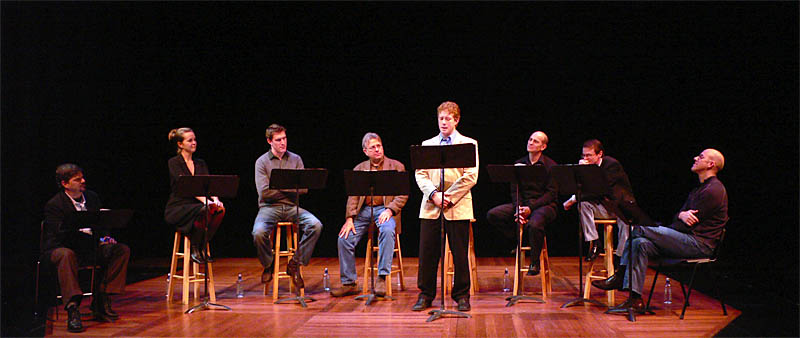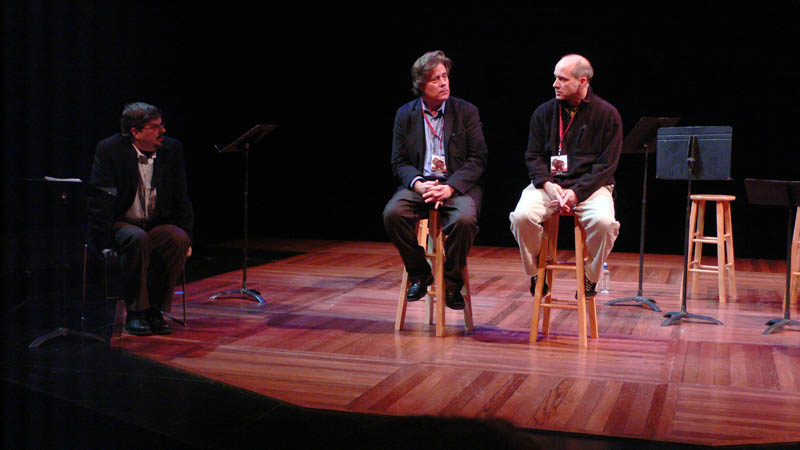In politics the stakes are not small, except in the sense that the arguments exceed by far any differences in what the two established parties actually do when they have the opportunity to govern. Republicans, as Evelyn Waugh is said to have complained about the British Tories, don’t seem to turn back the clock by a single minute. But Democrats don’t seem to push it forward either.
Recent elections have seen the rise of self-styled militant moderates, following the flag of white-horse candidates starting with the businessman Ross Perot and continuing, so far, through Gen. Wesley K. Clark. Business and the military are two fertile breeders of excessive self-confidence, but the only essential qualification for a white-horse candidate is a total lack of experience in running for or holding elective office. And the only essential requirement for white-horse voters is to be, like Howard Beale in Paddy Chayefsky’s movie “Network,” “mad as hell” and “not going to take this anymore.” It is not essential to know why you are so mad, or what exactly you’re not going to take.
Kinsley is correct on governing practices.

